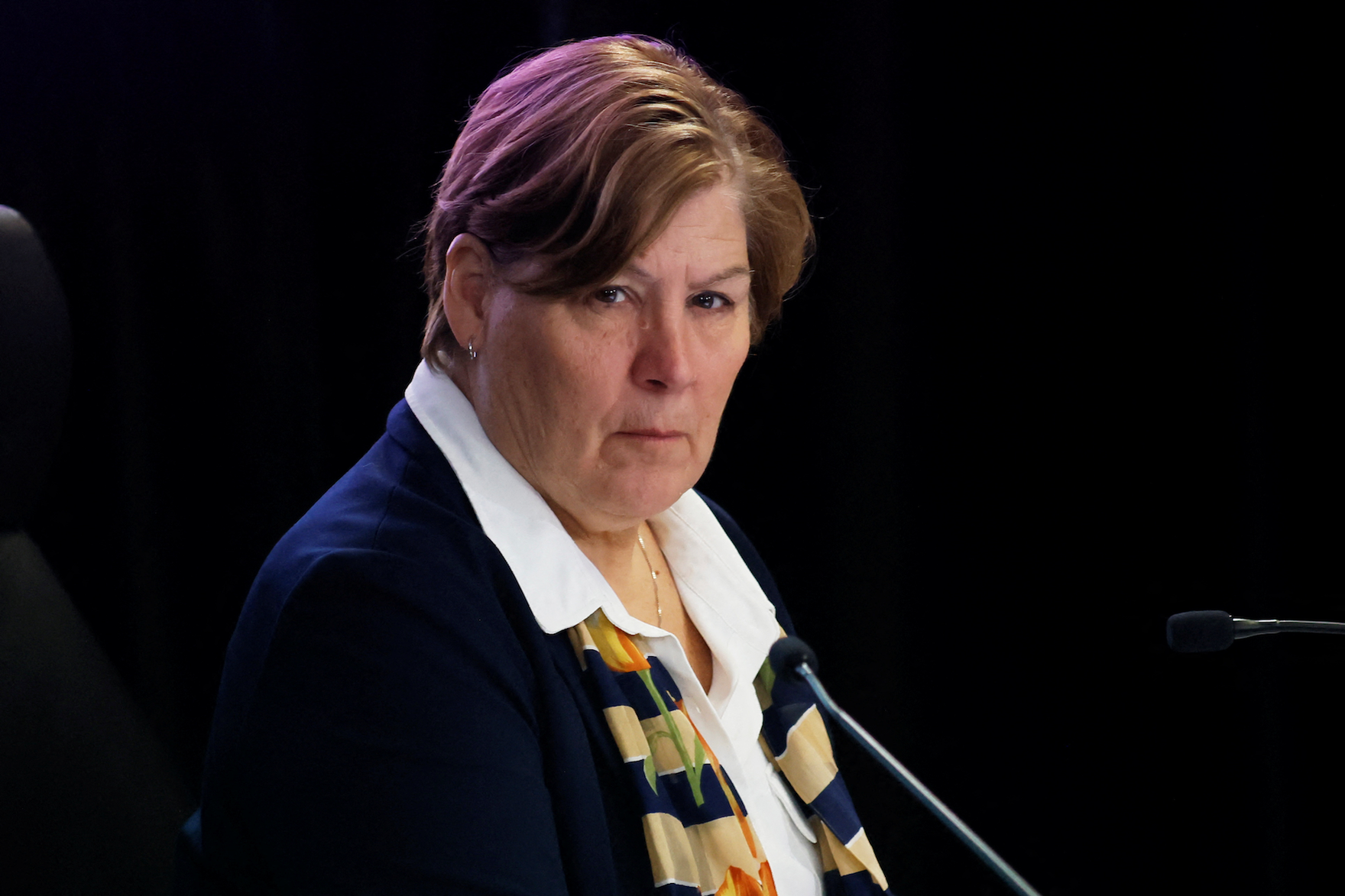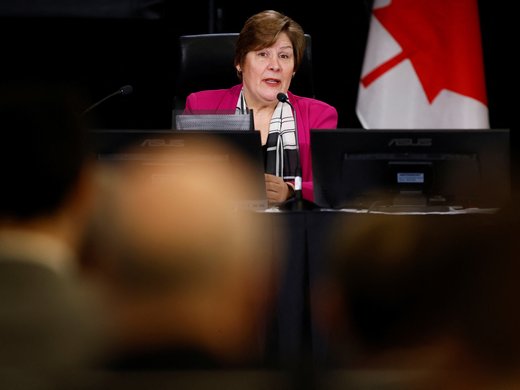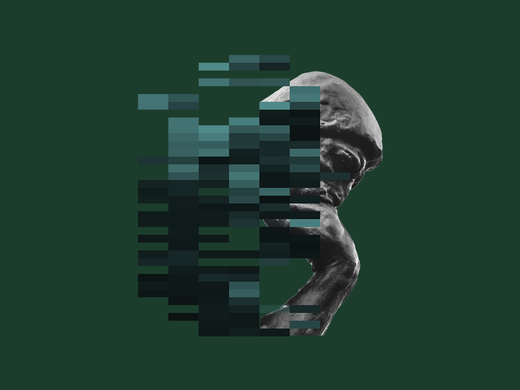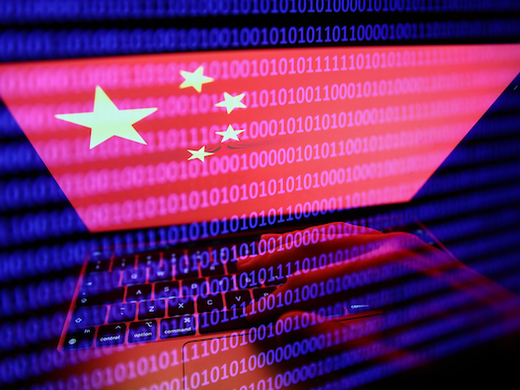The Public Inquiry into Foreign Interference in Federal Electoral Processes and Democratic Institutions is on the last lap of what has always been a sprint. To conduct this work, the Foreign Interference Commission was constituted in September 2023, following the collapse of the Independent Special Rapporteur process, and ongoing pressure in Parliament and the media for a full public inquiry. The commission was given just 15 months to produce a final report. Due date: end of December 2024.
The commission faces two difficult tasks. One is its fact-finding mission, to pronounce on what has been learned about foreign actor interference in the 2019 and 2021 federal elections and related democratic processes. Its initial report, issued in May 2024, contained an ambiguous finding, namely that the election results at the national level were not impacted, while at the riding level “only a few races were potentially impacted.” Nevertheless, the commissioner, Justice Marie-Josée Hogue, argued that something she called the overall “electoral ecosystem” was impacted. The final report will offer an opportunity to solidify or rethink that finding.
There is also a new and significant twist. An explosive report by the National Security and Intelligence Committee of Parliamentarians found that some Parliamentarians were witting or semi-witting accomplices in foreign interference schemes. Subsequent testimony and documents provided to the inquiry, including by Canadian Security Intelligence Service officials and by government ministers, have cast doubt on these findings. The inquiry faces the daunting task of providing to the Canadian public an evidence-based and coolly objective assessment of the nature and significance of these claims. These allegations have tarnished the reputation of Parliament and sowed doubt about the loyalty of some unknown number of unnamed Parliamentarians. The ranks include, according to the prime minister, Conservative parliamentarians, as well as members of his own party.
The fact-finding mandate of the inquiry has largely crowded out its second task — the “policy phase” — which is to come up with recommendations to improve the capacity of the federal government to “detect, deter and counter” foreign interference. Let no one doubt the importance of this task, not least in the face of violent covert operations by India, and recent reports of a Russian bomb plot targeting Canadian cargo planes.
The Centre for International Governance Innovation (CIGI) had a side seat at the commission table, being granted “standing” for the policy phase. This created an opportunity for CIGI to press the commission on three themes for adoption in the final report.
One was the need for greater strategic transparency on the part of the federal government about the threats of foreign interference, and the response mechanisms to meet it. The virtuous circle here is that better transparency creates better public understanding, and more societal resiliency. Government says it’s on board in principle, but much more needs to be done, and many past mistakes must be rectified. Consider the fate of a foreign interference strategy, meant for public dissemination, worked on by the public safety department starting in 2018, ready for prime time by September 2020, but never published. A similar fate befell a public strategy of the Royal Canadian Mounted Police (RCMP). Various excuses were offered by officials and ministers. The truth is that Canadians can’t do their part to meet the threat of foreign interference and hold government to account if they don’t know about the threat and what the government claims to be doing to counter it.
The second theme presented to the commission was the need to enhance key capabilities within the national security and intelligence community, especially for assessment reports that can fuse domestic and international threat pictures, for open-source intelligence, and for a stronger capacity to monitor and even disrupt disinformation campaigns. There is also the persistent question of how to better enable the RCMP as a national security force. An independent review of the entirety of the national security and intelligence system would provide strong ammunition for change. Think it can’t be done, just because it hasn’t? Canada’s Five Eyes security partner Australia, which is currently undertaking just such a review, offers proof it can.
Finally, the CIGI brief to the commission zeroed in on a third critical need: for increased literacy among our political actors about foreign interference. If our democratic political processes are going to be the perennial target of authoritarian states such as China, Russia and India, then the political system is going to have to harden itself through a better appreciation of the threat and more self-scrutiny about their actions. We need a Parliament with a different mind-set, one better informed and less partisan, and with some deeply shared sense of the importance of protecting Canada from foreign threats. We live in an age where such threats are more complex and volatile than at any point since the end of the Second World War, and now we must contend with the unknowns of a renewed Trump presidency. There is a big role for all party leaders, and the need for a bottom-up effort from the rank and file.
National security must be taken more seriously. If that is ultimately the ask for Canadian society, and the ask for the government in power, it has to be the ask for parliamentarians of all stripes as well. This is the message that Commissioner Hogue needs to find a way to deliver.



